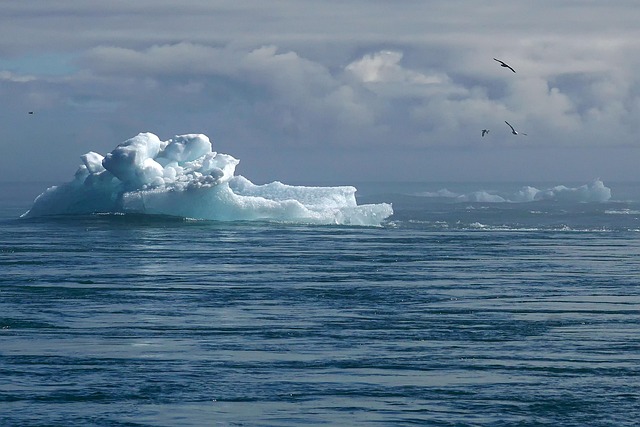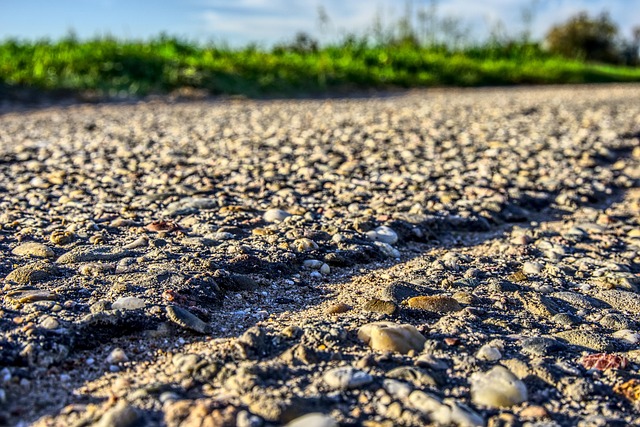The effects of climate change are not abstract concepts confined to scientific journals or distant futures anymore; they are tangible realities reshaping our everyday lives and environment. As we witness more frequent and severe weather events, each storm, heatwave, or flooding episode serves as a stark reminder of the growing toll that climate change is taking on our planet.
Extreme weather phenomena are becoming the new norm. Hurricanes are intensifying, wildfires are raging in unprecedented ways, and droughts are crippling communities around the world. These occurrences do not just highlight the impact on human life; they ripple through ecosystems, affecting flora and fauna in ways we are only starting to understand. Changes in temperature disrupt reproductive cycles, while sudden weather extremes can wipe out entire populations of species, tipping ecosystems out of balance.
Moreover, the effects of climate change extend beyond the immediate damage caused by extreme weather events. The environment is on the front lines, and it is suffering. Rising sea levels encroach on coastal habitats, and the increase in ocean temperatures is leading to coral bleaching, threatening marine biodiversity. Similarly, altered precipitation patterns mean some regions face catastrophic floods, while others grapple with unbearable droughts, exemplifying the erratic nature of our climate.
Human health also finds itself under siege as the line between weather and climate widens. Heatwaves contribute to heat-related illnesses, while flooding can lead to waterborne diseases. The strain on public health systems is undeniable, as we witness a surge in cases linked to these extreme weather events. The vulnerability of communities underscores an urgent call for proactive measures against climate change.
Climate change affects everyone, but its impacts are not felt uniformly. Vulnerable populations, especially in developing nations, often find themselves disproportionately affected. With fewer resources to adapt or recover, these communities bear the brunt of extreme weather, questioning the fairness of a world grappling with climate issues that transcend borders.
As we navigate the consequences of a changing climate, it becomes clear that the need for action is more pressing than ever. The science behind climate change reveals stark truths that compel us to rethink our relationship with the environment. The relentless march of extreme weather illustrates that this is not merely an environmental issue; it is intertwined with social, economic, and political landscapes, demanding a collective response.
In the face of the growing effects of climate change, the focus now shifts to solutions. We must harness renewable energy, enhance our infrastructure to withstand extreme weather, and forge stronger community ties, all while advocating for policies that address the underlying causes of climate change. Together, we can work towards a balanced coexistence with our environment, mitigating the adverse effects of climate change and cultivating a sustainable future for generations to come.




